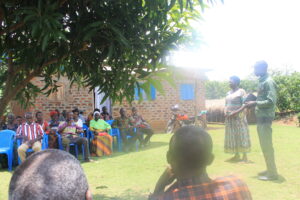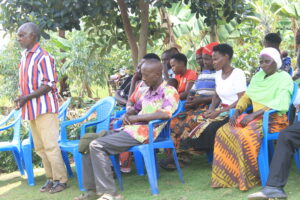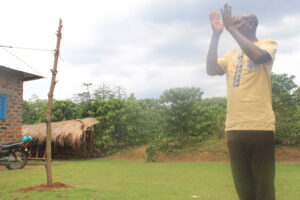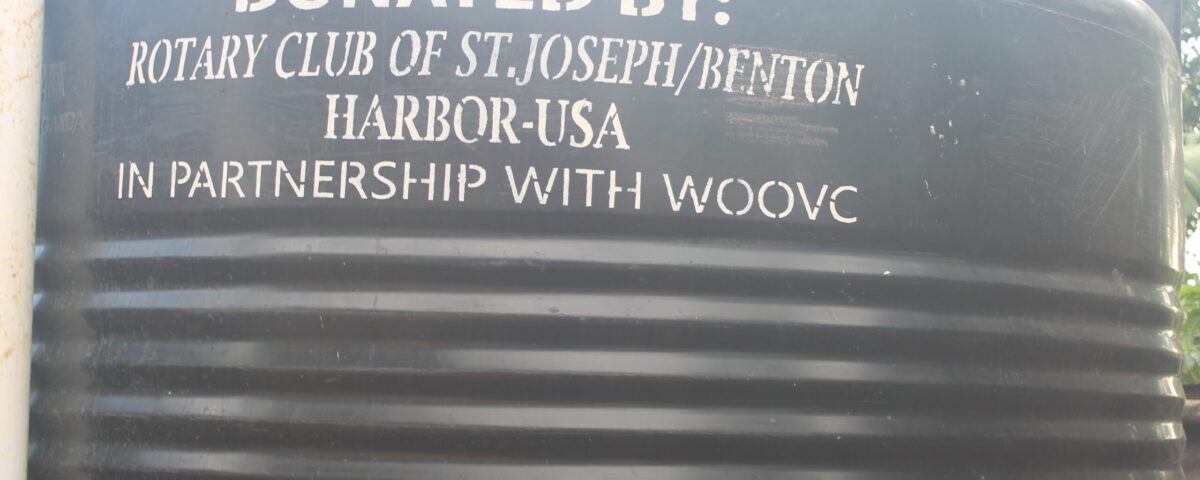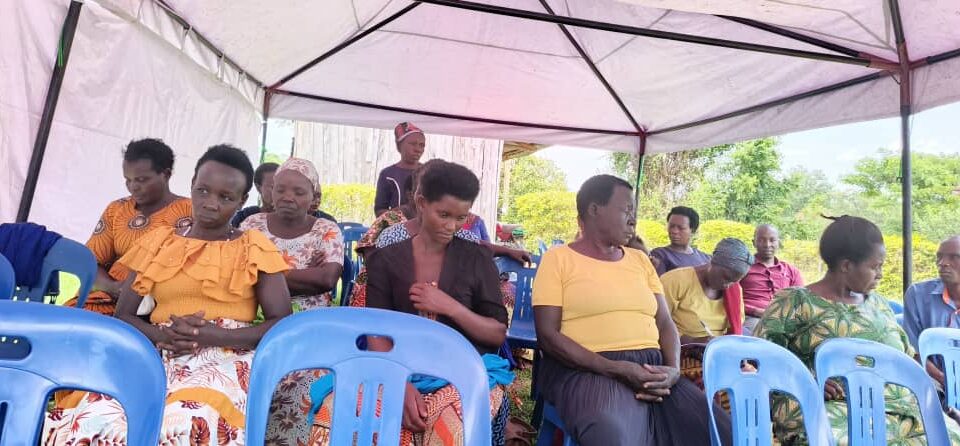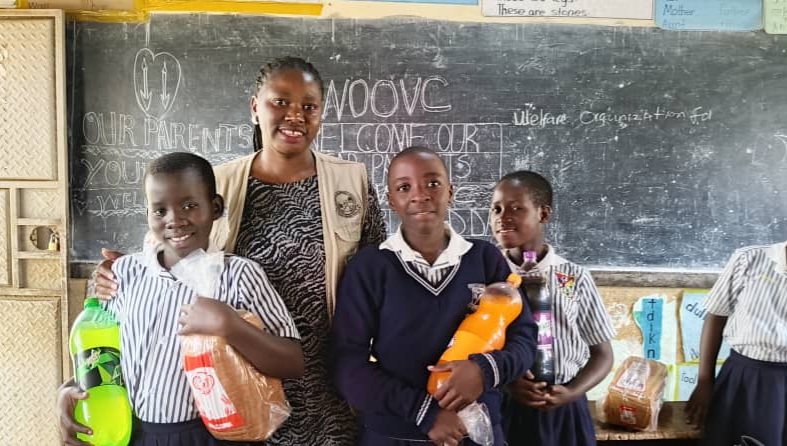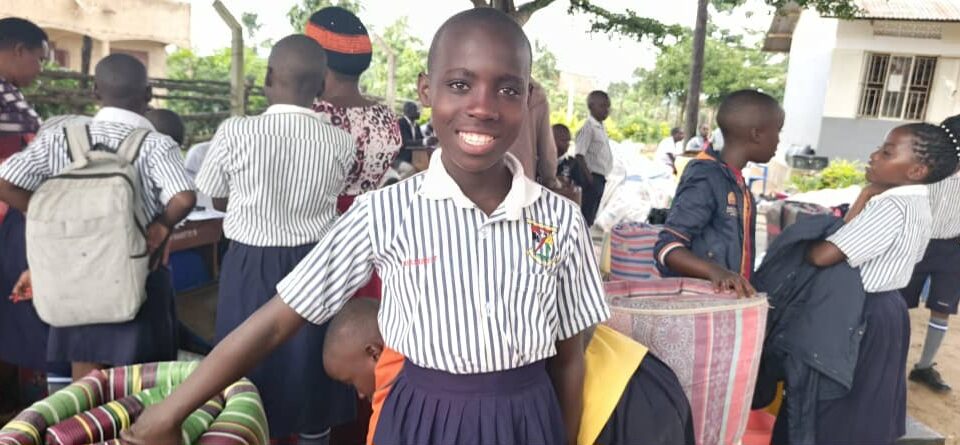
Meet Our New Kids!
March 9, 2024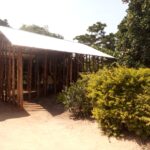
Zilpa’s house is taking shape!
June 30, 2024Water revolutionizes the health and future of entire societies; it’s the core of sustainable development and it underpins poverty reduction, economic growth and environment sustainability. Clean water is a basic necessity for life but its not a reality for most of our local communities. The need to eliminate this threat was the main drive behind planning, funding and implementation of the RAIN WATER HARVESTING PROJECT – RWH in September and October 2023 in Kabuga parish, Kihihi Subcounty in Kanungu district, Uganda
The project was implemented with funding from Rotary club of St. Joseph Benton-Harbor and Rotary district 1064 Michigan USA. We are ever eternally grateful for this funding that has enabled us to provide safe drinking water for our community for the very fast time in our history. The total cost for the project was $9200
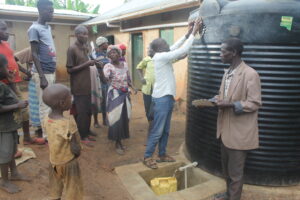
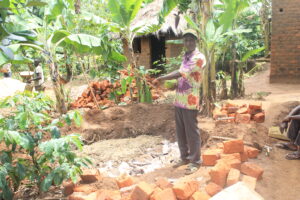
Traditionally in Uganda and locally in Kihihi subcounty collecting water is largely a responsibility of women, girls and children and the long distances travelled to access water points exposes them to sexual and gender-based violence (SGBV). It also affects school attendance for children and quality time that would be committed to production is wasted on water collection. The effects of all the water related problems have been poor health of community with increased water and sanitation related morbidity and mortality, increased community medical cost, worsening SGBV and worsening poverty
We feel thrilled to announce that Eight (8) rain water harvesting points were constructed in the parish of Kabuga with two water points per village; many thanks to Kim Milhalik whose donation enabled us to complete the Eight water point. Each water point serves a minimum of ten households and is constructed at a house of a selected community member with a roof top that is adequate enough be utilized to collect water. And as well, each water point comprises of a tank base (constructed using burnt bricks and cement), a 6000 litres capacity plastic tank and gutters and pipes used to collect water from the roof top. The community provided manual labour, skilled personnel were hired from the same communities and locally available materials were utilized for construction with exception of water tanks. The water points are overseen by a committee comprised of members from beneficiary households with supervision from WOOVC staff
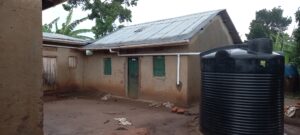

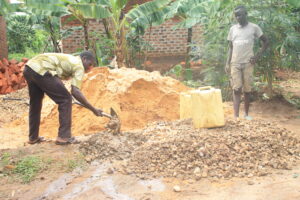
We are now at the peak of the first rainy season, all tanks are filled up and water is overflowing. We have 2 rainy seasons in a year, the first one between March and June and second season between September and December. It’s a thrilling experience to beneficiary homes which have never had clean water and it’s a project that will continue to heavily impact on our communities many more years in the future
